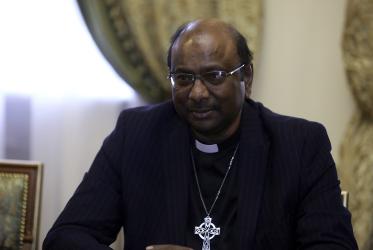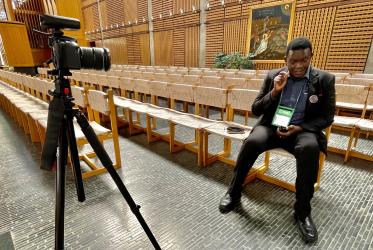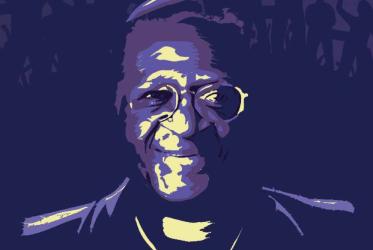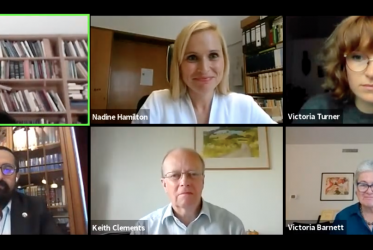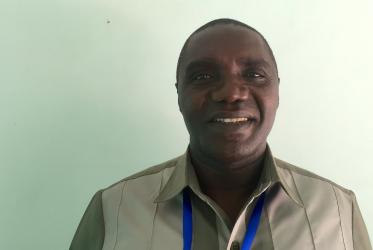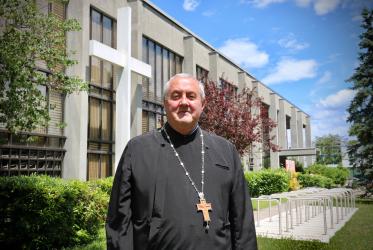Displaying 1 - 20 of 29
In Armenia, WCC general secretary speaks for justice
22 September 2023
Ecumenical delegation visits Armenia
19 September 2023
Tutu’s legacy: A Zoom panel celebrating “the Arch”
03 February 2022


